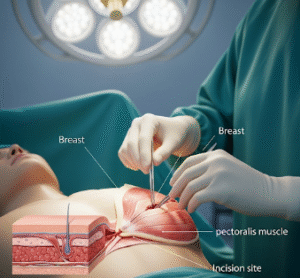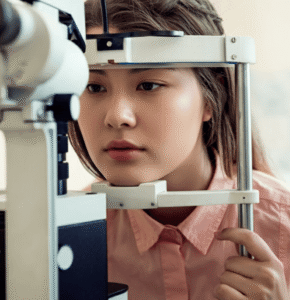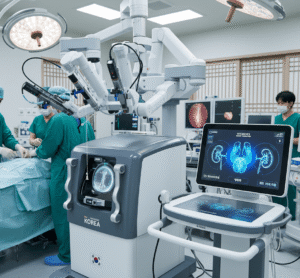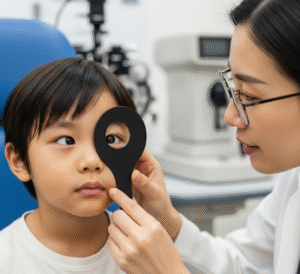Overview
Multiple Sclerosis (MS) is a chronic autoimmune disorder that affects the central nervous system (CNS), leading to nerve damage, impaired communication between the brain and body, and progressive physical and cognitive disability. In Korea, MS is relatively rare compared to Western countries, but awareness and specialized care have grown significantly in recent years. Major hospitals, including Seoul National University Hospital, Asan Medical Center, and Samsung Medical Center, offer advanced diagnostic tools, treatment options, and rehabilitation programs for patients living with MS.
What is Multiple Sclerosis?
Multiple Sclerosis is an autoimmune neurological disease in which the body’s immune system attacks the protective myelin sheath around nerve fibers in the CNS. This leads to inflammation, scarring (sclerosis), and eventual nerve damage. MS can affect both the brain and spinal cord, causing a wide range of symptoms. It typically develops in adults aged 20–40, and women are more frequently affected than men.
Symptoms
- Numbness or weakness in limbs
- Tingling or burning sensations
- Vision problems (blurred vision, optic neuritis)
- Fatigue and loss of energy
- Dizziness and balance difficulties
- Muscle stiffness or spasticity
- Cognitive changes, including memory and concentration problems
- Bladder and bowel dysfunction
- Emotional changes such as depression or mood swings
Causes
- Exact cause is unknown
- Autoimmune reaction attacking myelin in the CNS
- Genetic predisposition (family history of MS)
- Environmental factors (low vitamin D levels, viral infections)
- Smoking and other lifestyle factors may increase risk
Risk Factors
- Female gender
- Age between 20–40 years
- Family history of MS or other autoimmune disorders
- Living in areas with low sunlight exposure (vitamin D deficiency)
- Smoking or high-stress lifestyle
Complications
- Progressive physical disability
- Severe mobility issues or dependence on mobility aids
- Chronic pain and spasticity
- Vision impairment or blindness in severe cases
- Bladder, bowel, and sexual dysfunction
- Cognitive impairment and emotional disorders
- Increased risk of infections due to immunosuppressive treatments
Prevention
- No definitive prevention exists
- Maintaining adequate vitamin D levels
- Avoid smoking and limit alcohol consumption
- Manage stress and maintain a healthy lifestyle
- Early medical evaluation for neurological symptoms to enable prompt treatment
Treatment Options in Korea
While there is no cure for MS, Korean hospitals provide comprehensive care to manage symptoms, slow disease progression, and improve quality of life.
- Diagnosis
- MRI scans to detect CNS lesions
- Lumbar puncture (CSF analysis) to check for oligoclonal bands
- Evoked potentials and neurological examinations
- Blood tests to rule out other conditions
- Medical Treatments
- Disease-modifying therapies (DMTs) such as interferon-beta, glatiramer acetate, fingolimod, or natalizumab
- Corticosteroids to treat acute relapses
- Symptom-specific medications (muscle relaxants, pain relief, fatigue management)
- Rehabilitation & Supportive Care
- Physical therapy to improve mobility and strength
- Occupational therapy for daily activities
- Speech therapy for speech or swallowing difficulties
- Cognitive therapy for memory and attention issues
- Advanced Care in Korea
- Seoul National University Hospital – Specialized MS clinic with multidisciplinary care
- Asan Medical Center – Neurology and rehabilitation services, including clinical trials for new DMTs
- Samsung Medical Center – Comprehensive management with MRI monitoring, immunotherapy, and patient counseling
- Yonsei Severance Hospital – Long-term follow-up and supportive care for chronic MS management
- Long-Term Monitoring
- Regular MRI and neurological assessments
- Ongoing adjustment of medications and therapies
- Emotional and social support programs













